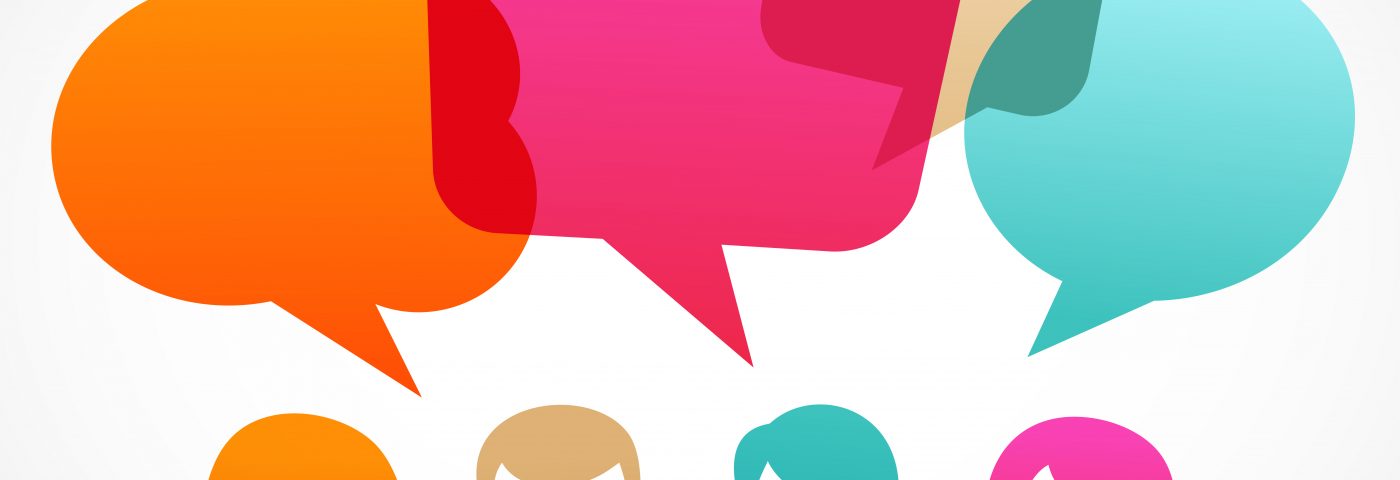Social media has become a widely accepted source of information on health issues, and clinicians and researchers need to be aware of what information is circulating — and whether public views toward it are positive or negative.
Broadly speaking, this was the hypothesis behind a recent study into how people are communicating on Twitter about the human papillomavirus (HPV) vaccine, which protects people from cervical cancer. The results surprised the researchers: there was actually more positive chatter about the vaccine than negative on this media platform.
“It is not a question of, ‘Are people using social media for health information?’ but rather, ‘How much are people using it and how can we help them find information that is valid and pertinent to their lives?'” Philip Massey, PhD, MPH, an assistant professor in Drexel University’s Dornsife School of Public Health and the study’s lead author, said in a press release.
The study was published in the Journal of Medical Internet Research, under the title “Applying Multiple Data Collection Tools to Quantify Human Papillomavirus Vaccine Communication on Twitter.”
The vaccine protects people from HPV, the most common sexually transmitted infection in the U.S., and is shown to be particularly effective in protecting against HPV strains that are tied to cervical and other cancers. However, issues with its perceived side effects have led to criticism of the vaccine.
“In our sample, I expected to see a large number of negative tweets based on traditional news coverage of the topic and because HPV can be portrayed as controversial because it brings together the fields of sexually transmitted infections, immunizations and cancer prevention,” said Massey. “But that wasn’t the case on Twitter, we found.”
The study aimed at the negative comments found online; however, as the team read almost 200,000 tweets (they only included those written in English) posted between the summers of 2014 and 2015, they found that the most comments about the HPV vaccine were actually positive – of those 200,000 tweets, about 39 percent were positive, and about 25 percent negative (the remaining were neutral).
“It is always encouraging to see that more positive messages about health are being discussed and disseminated on Twitter,” Massey added. “This is a refreshing balance to negative stories about vaccines and immunizations that sometimes surface in popular news media due to sensationalism or negative consequences.”
The most popular positive or neutral topics were ‘prevention’ and ‘protection’ (coming up in 27 percent of positive tweets and in 26 percent of neutral tweets). ‘Side effects’ was present in roughly 50 percent of negative opinions – but was also mentioned in 17 percent of positive and 15 percent of neutral tweets.
The most commonly used words were related to prevention, the study found, but more negative terms, such as ‘exposed’ or ‘cdc whistle blower’ (a reference to the U.S. Centers for Disease Control and Prevention), were linked to specific brands.
“It may be easier to villainize a specific name-brand vaccine because of advertising, pharmaceutical involvement, potential conflicts of interest and conspiracy theories,” Massey said. “Using the generic term ‘HPV vaccine’ may present as more objective or neutral in terms of not promoting one company’s product over another, or not allowing space for conspiracy theories.”
According to Massey, HPV was a good topic to explore because it is of particular importance to adolescents and young adults.
“These same populations are some of the highest utilizers of social media. Parents play a key role in deciding whether their kids will get the vaccine, and as more millennials reach parenthood, social media may play an even bigger role in cancer prevention, especially concerning HPV vaccination,” Massey said.
Massey added that because the millennial generation is particularly susceptible to social media influence, health and media literacy skills are more important than ever, and health professionals should play a part in promoting that.

